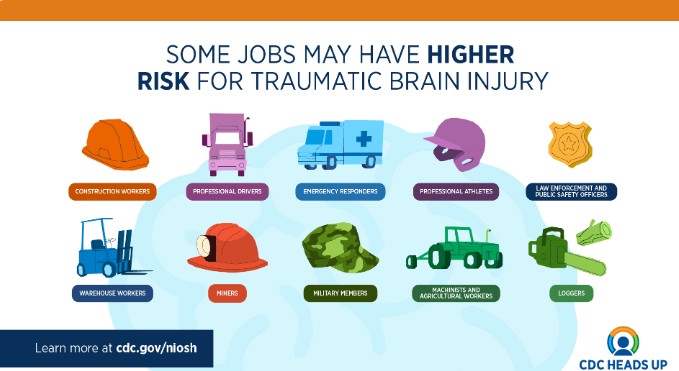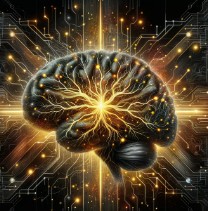🛠️ HIGH-RISK JOBS &TBI/OBS
Some jobs carry a significantly higher risk for traumatic brain injury—and many workers don’t even realize it. Whether it’s a fall from a ladder, a collision on the road, or repeated exposure to physical strain and environmental hazards, TBIs can happen in an instant or accumulate over time. And because symptoms often go unnoticed or misattributed, countless individuals continue working, living, and struggling without knowing why they feel “off.”
🚨 Occupations with Elevated TBI Risk Include:
- Construction Workers
- Professional Drivers
- Emergency Responders
- Professional Athletes
- Law Enforcement & Public Safety Officers
- Warehouse Workers
- Miners
- Military Members
- Machinists & Agricultural Workers
- Loggers
These roles often involve:
- High-impact environments
- Repetitive physical strain
- Exposure to falls, collisions, or equipment-related injuries
- Mental fatigue and sensory overload
- Limited time for recovery or symptom recognition
🧠 What You Need to Know
TBI symptoms can be subtle but life-altering. Headaches, dizziness, memory lapses, irritability, light/sound sensitivity, and attention problems are just a few signs that may point to a brain injury—even if the incident happened months or years ago.
Most people don’t connect the dots. They chalk it up to stress, aging, burnout, or “just how life is.” But untreated TBIs can worsen over time, affecting relationships, job performance, and mental health.
Recovery is possible—even 25+ years later. TBI-ID.com offers a free symptom questionnaire (TBIQ), self-rehab tools, and neuroplasticity exercises that help individuals recognize their symptoms and begin healing. Even 5–10 minutes a day of intentional activity can make a difference.
🔒 Prevention Matters
HEADS UP! poster provides a powerful acronym for symptom recognition, as well as Prevention:
- H: Hard hats and Helmets
- E: Education ~ Causes of TBIs
- A: Awareness ~ Surroundings
- D: Drive Safely w/Seatbelt!
- S: Sport Safety
- U: Update Equipment/Gear
- P: Promote Prevention!!! (Work, School, Home, Sports)
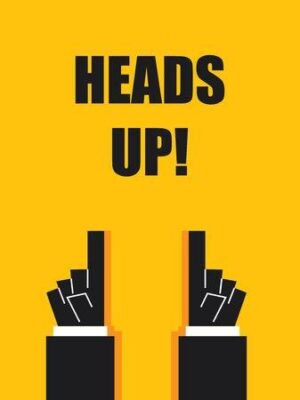
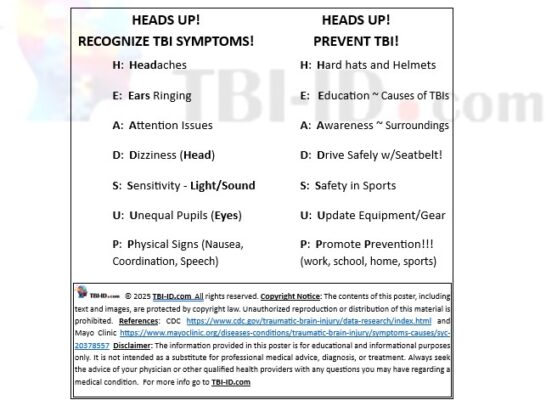
📣 Call to Action
If you work in one of these high-risk fields—or know someone who does—take the TBIQ today. Share it with your team. Post it in your breakroom. Healing starts with awareness, and awareness starts here.
Learn More on TBI-ID.com
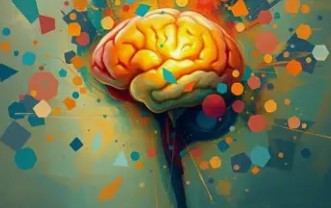
🧠 OCCUPATIONAL BRAIN STRAIN (OBS)
Occupational Brain Strain (OBS) refers to the cumulative cognitive and neurological stress experienced by individuals in demanding work environments—especially those with high physical risk, sensory overload, or emotional trauma. Unlike a single traumatic event, OBS builds over time, often without clear symptoms until it begins to affect memory, mood, focus, and overall brain function.
🔍 What Causes OBS?
- Repetitive exposure to loud noises, flashing lights, or chaotic environments
- High-stakes decision-making under pressure
- Physical strain combined with mental multitasking
- Lack of rest, recovery, or mental decompression
- Emotional trauma from crisis response or workplace violence
⚠️ Who’s Most at Risk?
OBS is especially common in:
- Emergency responders
- Law enforcement officers
- Military personnel
- Construction and industrial workers
- Healthcare professionals
- Professional drivers
- Teachers and caregivers in high-stress settings
These individuals may not experience a single head injury—but their brains are under constant strain, leading to symptoms that mimic or overlap with TBI.
🧠 Symptoms of OBS May Include:
- Brain fog and slowed thinking
- Difficulty concentrating or multitasking
- Mood swings or emotional exhaustion
- Sensitivity to light, sound, or movement
- Headaches and sleep disturbances
- Feeling “off” without knowing why
💡 Why It Matters
OBS is often invisible—but it’s real. And it’s reversible. Just like physical rehab, the brain needs intentional recovery. TBI-ID.com offers tools to help individuals recognize the signs of strain and begin healing through neuroplasticity-based exercises and self-rehab strategies.
Even 5–10 minutes a day of focused activity can help restore clarity, balance, and emotional resilience.
📣 Call to Action
If your job leaves you mentally drained, emotionally raw, or cognitively foggy—don’t ignore it. OBS is a warning sign, not a weakness. Take the TBIQ. Start your recovery. Share this with your team.
Learn More on TBI-ID.com

